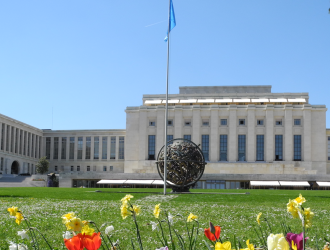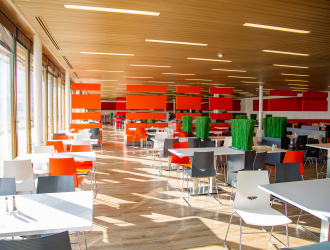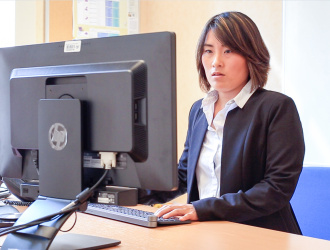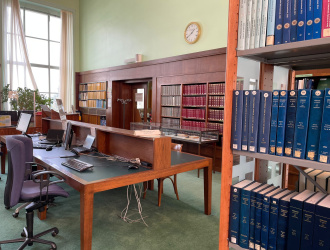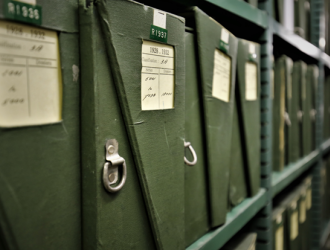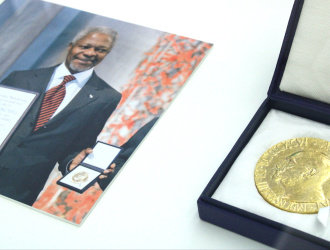
Breadcrumb
- The simultaneous interpretation of proceedings is provided by the United Nations with the purpose of facilitating communication, in light of the fact that there are six official languages of the United Nations. Only the speech or intervention in the original language is authentic and constitutes an authentic record of the proceedings. In case of any inconsistency between the interpretation and the speech or intervention in the original language, the latter shall prevail.
- Statements made in any of the six official languages of the United Nations are interpreted into the other official languages.
- For written statements, it is essential that the delegations provide interpreters with copies of their texts in advance via the Meetings Servicing Assistant. Interpreters will then check against delivery. Speakers are requested to deliver the statement at a speed that is interpretable.
- When delegations provide a written translation of their statement, either “Read out verbatim” or “check against delivery” should be specified, as appropriate, on the first page of the text. For written texts provided in more than one official language, delegations should indicate clearly which of these is to be accepted as the official text.
- Read out verbatim: Interpreters will follow the translation. Therefore, any deviation from the text on the part of the speaker, including omissions and additions, is unlikely to be reflected in the interpretation.
- Check against delivery: Interpreters will follow the speaker and not the translation. If the speaker deviates from the text, delegations should be aware that the interpretation heard by the audience will not necessarily correspond to the translation that they may have distributed to the audience and the press.
- In cases where statements are made in a language other than the official languages (rule 53 of the rules of procedure of the General Assembly): delegations must provide either an interpreter or a written text of the statement in one of the official languages. The interpretation into the other official languages by United Nations interpreters will be based on the interpretation or written text accepted by the Secretariat as representing the official text of the statement. In the case of a written text, a “pointer” (a person who knows the language in which the statement is to be delivered and the official language into which it has been translated) must be made available by the delegation, to guide the interpreter throughout the translated text and to ensure synchronization between the speaker and the interpreter.
- Do not tap or touch microphone.
- Speak at a reasonable pace.
- Speaking spontaneously is better than reading.
- If a prepared text is to be read, provide an advance copy to interpreters via the Meeting Service Assistants.
- Refer to paragraph numbers, not pages in official United Nations documents, when quoting.
- Give the paragraph references before quotations, not after.
- When speaking keep earphone far from the microphone to avoid feedback.
- Keep mobile phones in “off”, “silent” or “vibrate” mode and away from the microphone to avoid feedback and interference.
Other Services at the Palais des Nations
FAQs
The “UNOG_Public_Wifi” Wifi Network is open to all conference participants and does not require a password. Access to it is guaranteed in common areas.
Use of UN-owned IT equipment inside conference rooms is restricted to technical staff, support staff and conferencing staff. Sometimes, publicly accessible cyber-cafés are made available to conference participants where they can access both computers and printers.
In case of a medical emergency of a conference participant, the Security Control Center can be contacted at +41 22 917 21 12 or a UN Geneva Security Officer can be informed. The emergency number 112 can also be called from a fixed phone.
Participants can also contact the Medical Service for advice at +41 22 917 28 07 (nurses) or +41 22 917 25 20 (reception). These numbers are not for emergencies, as there may be moments when the phone cannot be answered. You may also contact the nurses by email: unognurses@un.org.
Conference participants have access to a space in the E-Building, ground floor (on the same level as the Cafeteria, near the offices of UNTV) to pursue religious practice.
A dedicated room for nursing mothers is available in the E-building, third floor, room E.3054-2. It also contains a changing table for babies. Conference participants who need to access the room, should contact the Security at +41 22 917 29 00 and ask them to open the door remotely.

